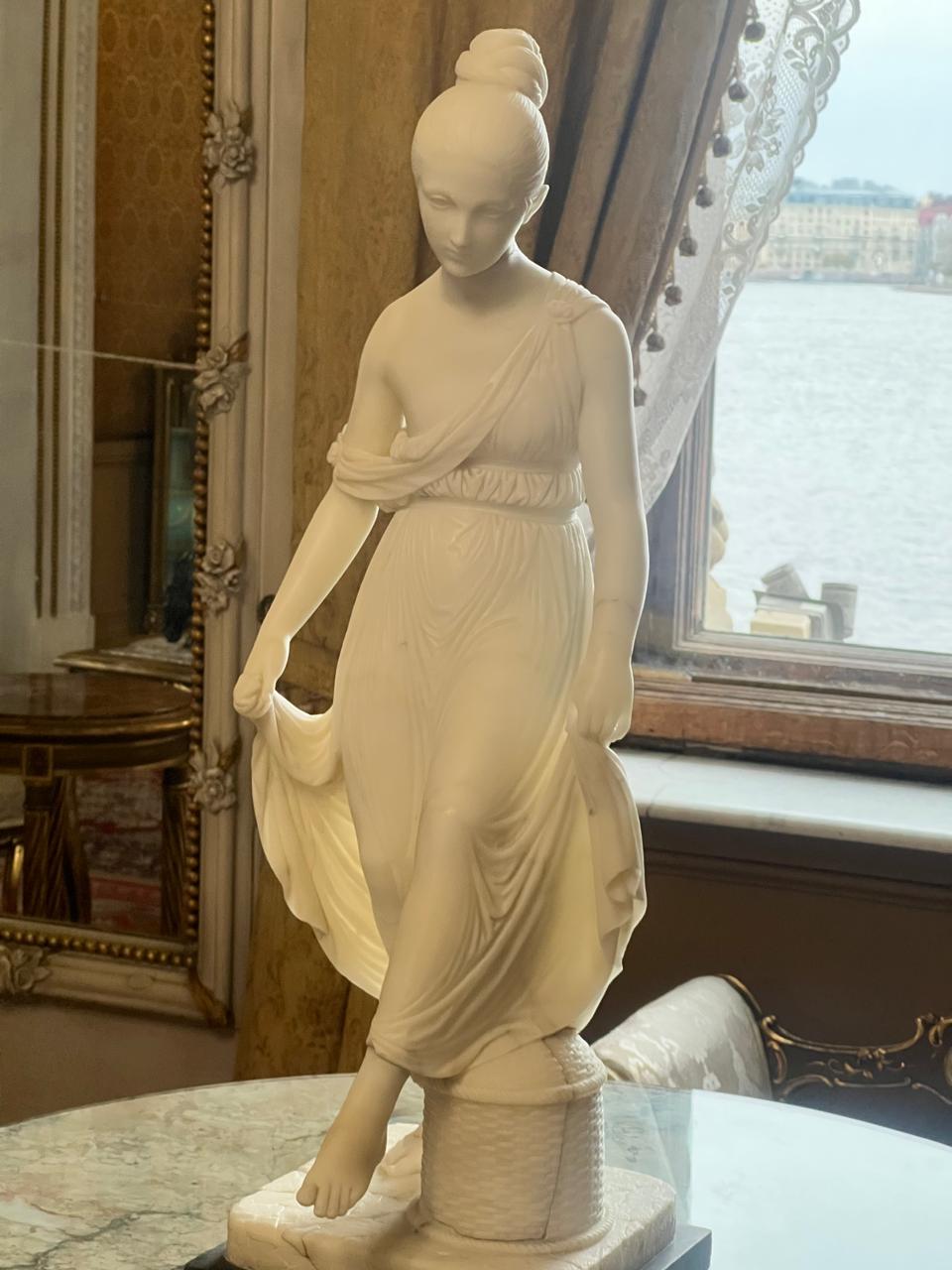The House of Scientists in St. Petersburg


House of Scientists: Where Science Meets Culture in St. Petersburg
The House of Scientists in St. Petersburg, located in the majestic Vladimir Palace, is a unique institution where scientific inquiry, cultural heritage, and intellectual exchange converge. Founded in 1920 and named after Maxim Gorky, it was the first of its kind in Russia, created to support scholars and researchers during a time of national upheaval. Today, it remains a vibrant center for academic life, public education, and cultural enrichment.
The building itself, once the residence of Grand Duke Vladimir Alexandrovich, is a masterpiece of 19th-century architecture. Its interiors reflect a blend of Rococo, Gothic, Renaissance, and Byzantine styles, offering an elegant backdrop for the institution's many activities. But beyond its beauty, the House of Scientists is defined by the people who work within its walls—physicists, biologists, linguists, historians, and engineers—who come together to share ideas, conduct research, and engage with the public.
The facility hosts a wide range of events, including international conferences, symposia, lectures, concerts, and exhibitions. These gatherings attract not only academics but also artists, students, and curious citizens. With over 26 scientific sections, the House of Scientists fosters interdisciplinary dialogue and collaboration. Topics range from quantum physics to archaeology, from artificial intelligence to literary criticism.
Staff members and volunteers play a crucial role in organizing these events, curating programs that bridge science and society. The institution also partners with universities, museums, and cultural organizations to expand its reach and impact. Many of its conferences are open to the public, encouraging civic engagement with cutting-edge research and global issues.
Visitors can also explore the palace itself through guided tours, which reveal its historical rooms, private libraries, and ceremonial halls. Whether attending a jazz concert in the ballroom or a lecture on climate science in the Gothic Hall, guests experience a rare fusion of intellectual depth and architectural splendor.
The House of Scientists is more than a venue—it's a living institution that continues to shape Russia's academic and cultural landscape. It stands as a testament to the enduring value of knowledge, dialogue, and community, offering a space where ideas flourish and history is honored.